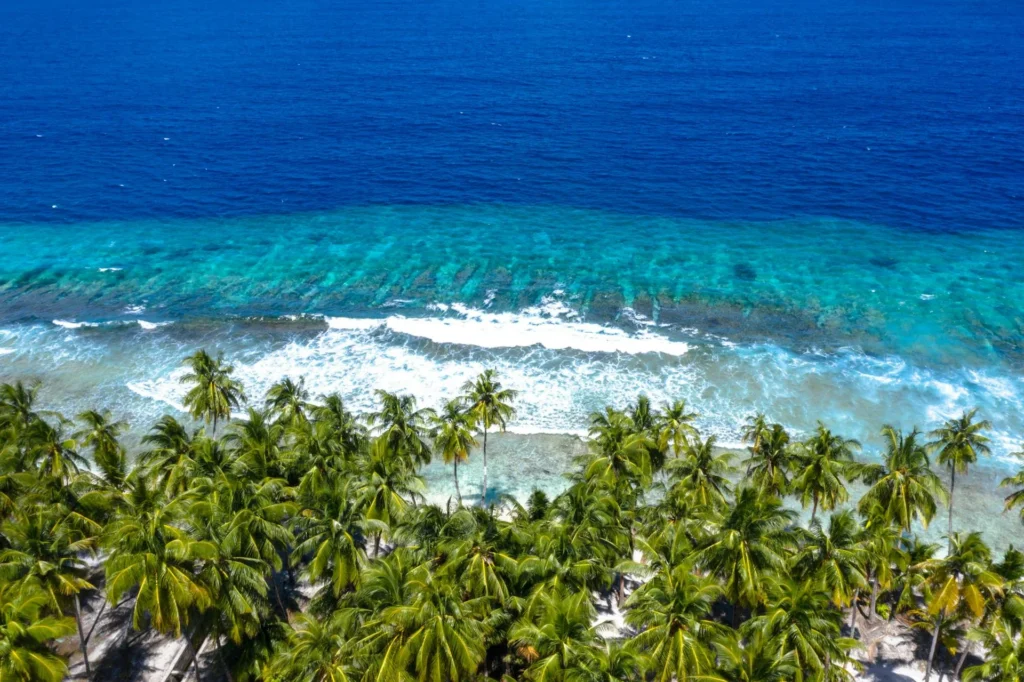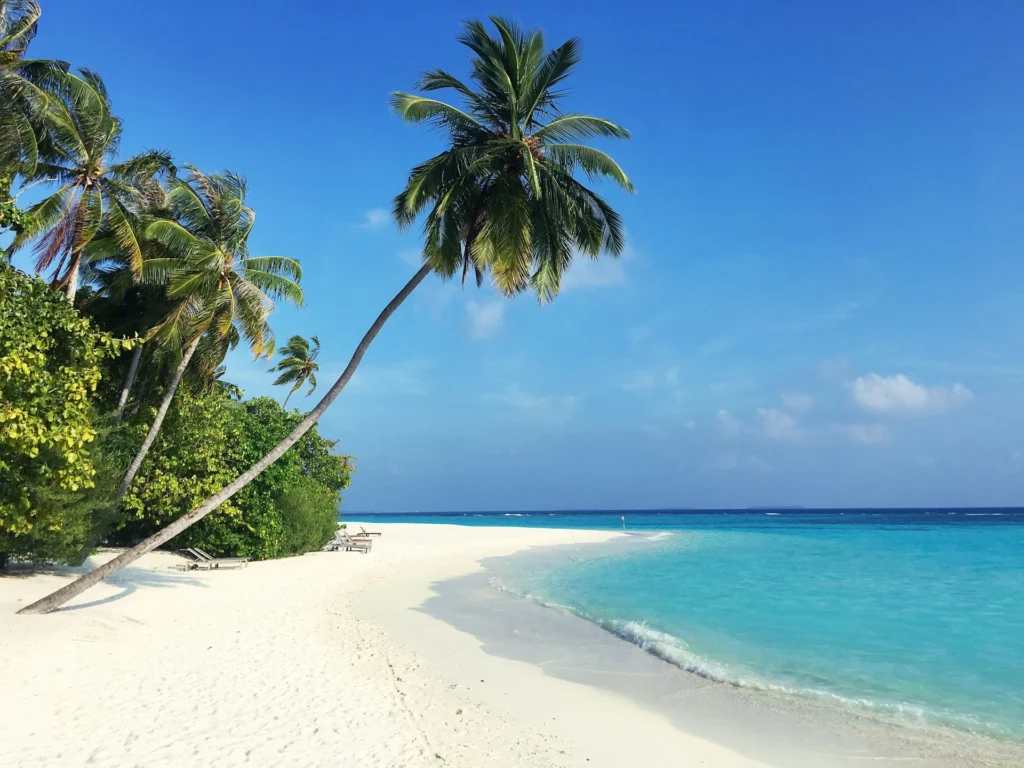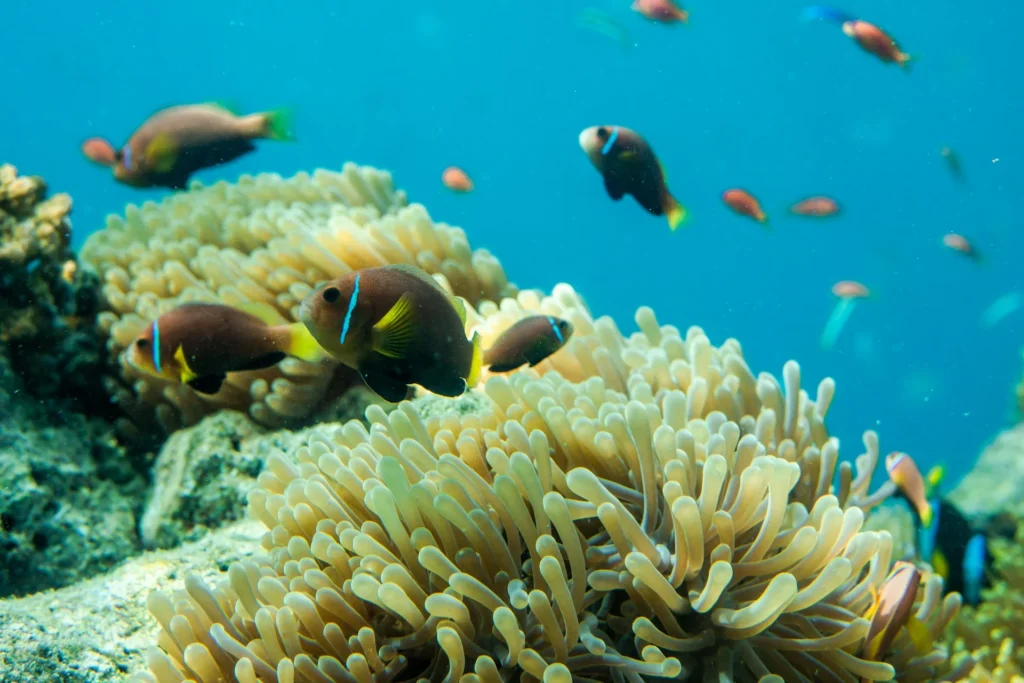The Maldives, with its pristine beaches and vibrant marine life, is a dream destination for many travelers. However, the fragile ecosystem of this tropical paradise faces significant environmental challenges. For those looking to enjoy the beauty of the Maldives while minimizing their environmental impact, a sustainable vacation is the ideal choice. Here’s a guide to eco-friendly practices in the Maldives that help protect this stunning environment.
Choosing Eco-Friendly Resorts
Many resorts in the Maldives are committed to sustainability and have implemented various eco-friendly practices to reduce their environmental footprint. When selecting an eco-friendly resort, look for the following features:
Renewable Energy: Resorts that utilize solar panels, wind turbines, or other renewable energy sources help reduce reliance on fossil fuels and decrease greenhouse gas emissions.
Waste Management: Effective waste management systems, including recycling programs, composting, and reducing single-use plastics, are crucial for maintaining a clean and healthy environment.
Water Conservation: Look for resorts that have implemented water-saving measures such as desalination plants, rainwater harvesting, and greywater recycling systems.
Sustainable Building Materials: Resorts that use sustainable or locally sourced building materials minimize environmental impact and support local economies.

Eco-Friendly Practices to Consider
It’s important to research and choose resorts that have strong sustainability practices. Many resorts in the Maldives are known for their commitment to eco-friendly practices and offer luxurious accommodations without compromising on environmental responsibility.
Sustainable Practices for Travelers
Beyond choosing an eco-friendly resort, there are several practices you can adopt to ensure your vacation is as sustainable as possible:
Reduce Plastic Use: Bring your own reusable water bottles, bags, and toiletries to minimize plastic waste. Many resorts provide refillable water stations and encourage guests to avoid single-use plastics.
Support Local Economies: Purchase souvenirs and goods from local artisans and vendors. This helps support the local community and reduces the carbon footprint associated with imported products.
Conserve Water and Energy: Be mindful of your water and energy use. Take shorter showers, turn off lights and air conditioning when not in use, and reuse towels and linens to reduce laundry.
Respect Marine Life: When snorkeling or diving, avoid touching or stepping on corals, and do not disturb marine life. Use reef-safe sunscreen to prevent harmful chemicals from damaging coral reefs.
Participate in Conservation Activities: Many resorts offer opportunities to participate in conservation efforts such as coral planting, beach cleanups, and marine life monitoring. These activities allow you to contribute to the preservation of the Maldives’ natural beauty.

Marine Conservation Efforts
The Maldives is home to a diverse and vibrant marine ecosystem that is crucial to its overall health and attractiveness as a tourist destination. Several organizations and initiatives focus on marine conservation, and participating in these can enhance your understanding and appreciation of the underwater world.
Coral Planting: Many resorts and conservation organizations run coral planting programs aimed at restoring damaged reefs. By planting coral fragments, you can help regenerate these vital ecosystems.
Turtle Conservation: Some islands have turtle conservation projects that involve protecting nesting sites, monitoring turtle populations, and rehabilitating injured turtles. Visitors can often join these efforts and learn about the importance of sea turtle conservation.
Sustainable Diving and Snorkeling: Choose dive and snorkel operators that follow sustainable practices, such as using mooring buoys instead of anchors, educating guests about marine conservation, and adhering to responsible wildlife interaction guidelines.

Supporting Local Conservation Organizations
Consider supporting local conservation organizations and initiatives that work tirelessly to protect the Maldives’ unique environment. Donations, volunteer work, and spreading awareness are valuable ways to contribute to the sustainability efforts.
Conclusion
A sustainable vacation in the Maldives allows you to enjoy the unparalleled beauty of this tropical paradise while contributing to the preservation of its delicate ecosystem. By choosing eco-friendly resorts, adopting sustainable travel practices, and participating in conservation efforts, you can help ensure that the Maldives remains a pristine destination for future generations. Plan your trip thoughtfully, and embrace the opportunity to make a positive impact on the environment while experiencing the wonders of the Maldives.
